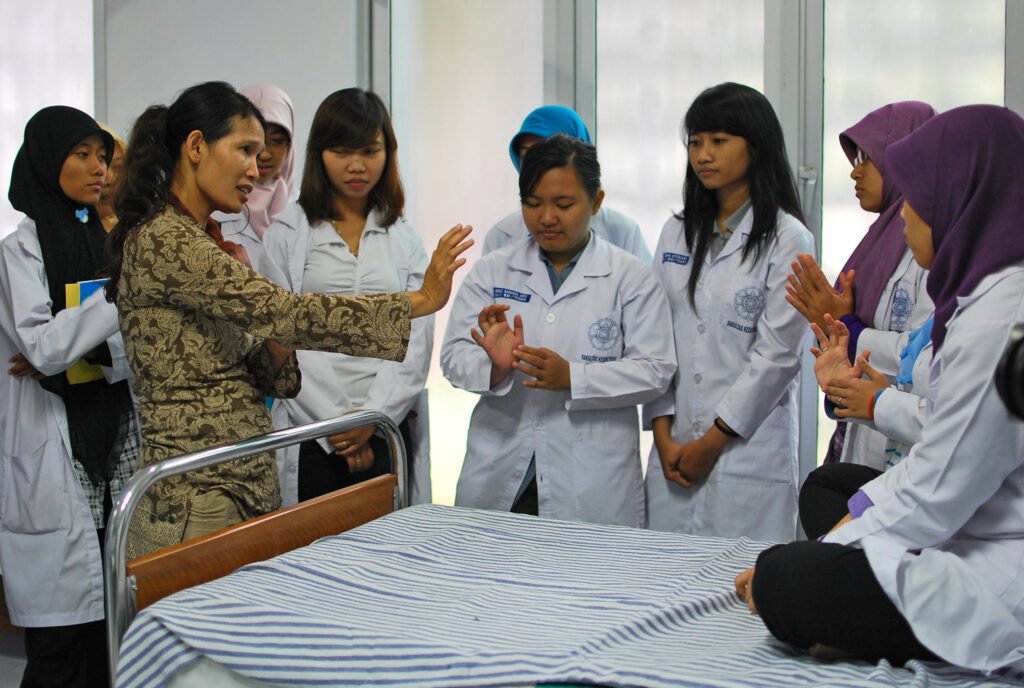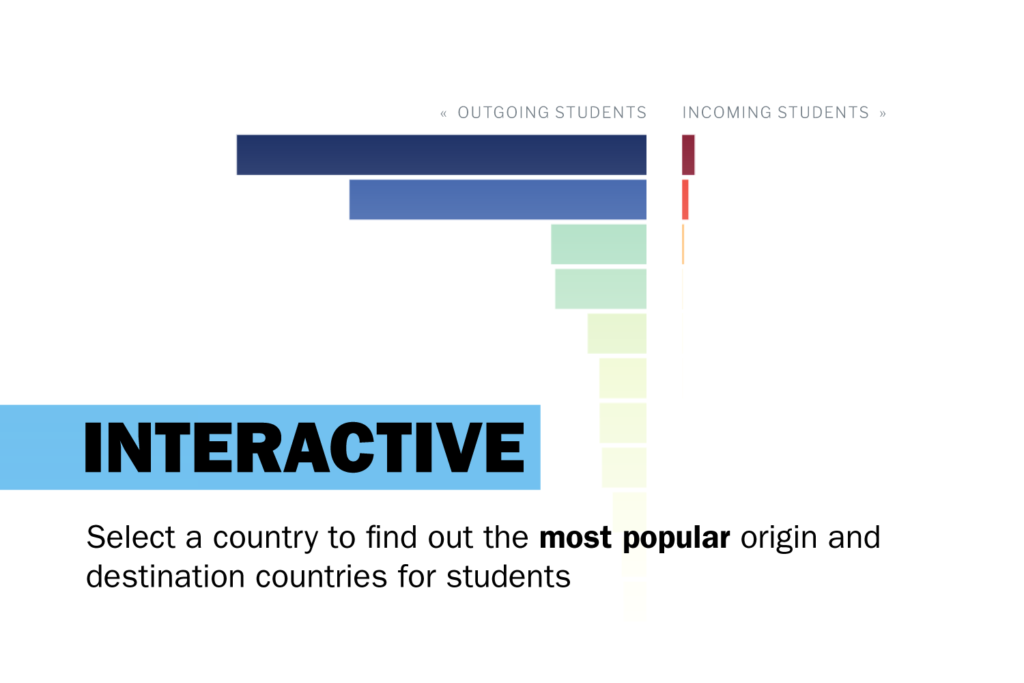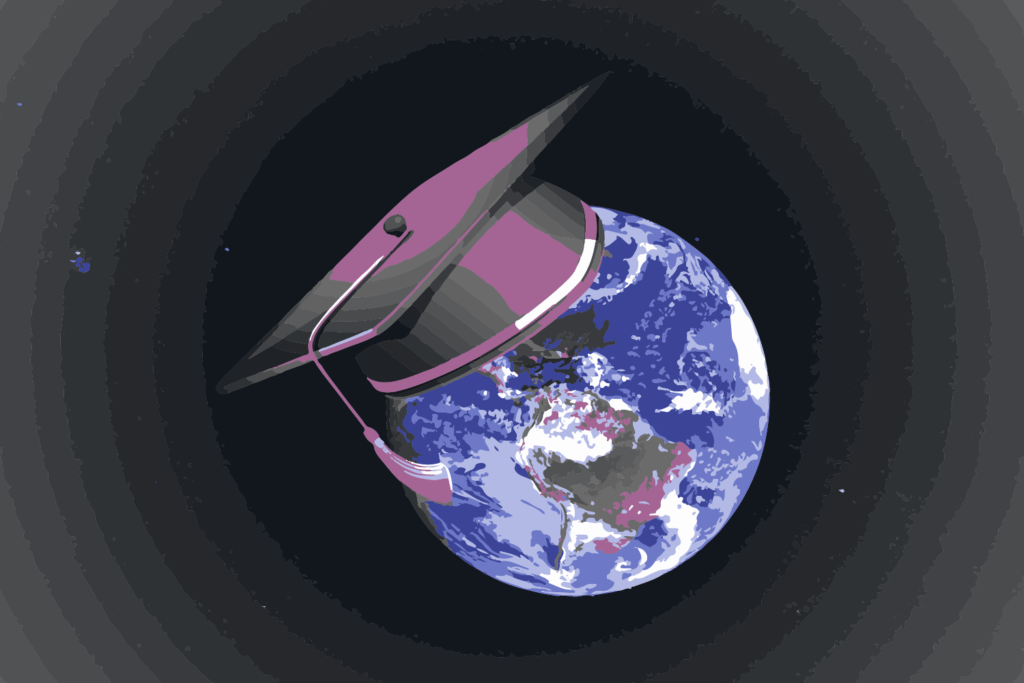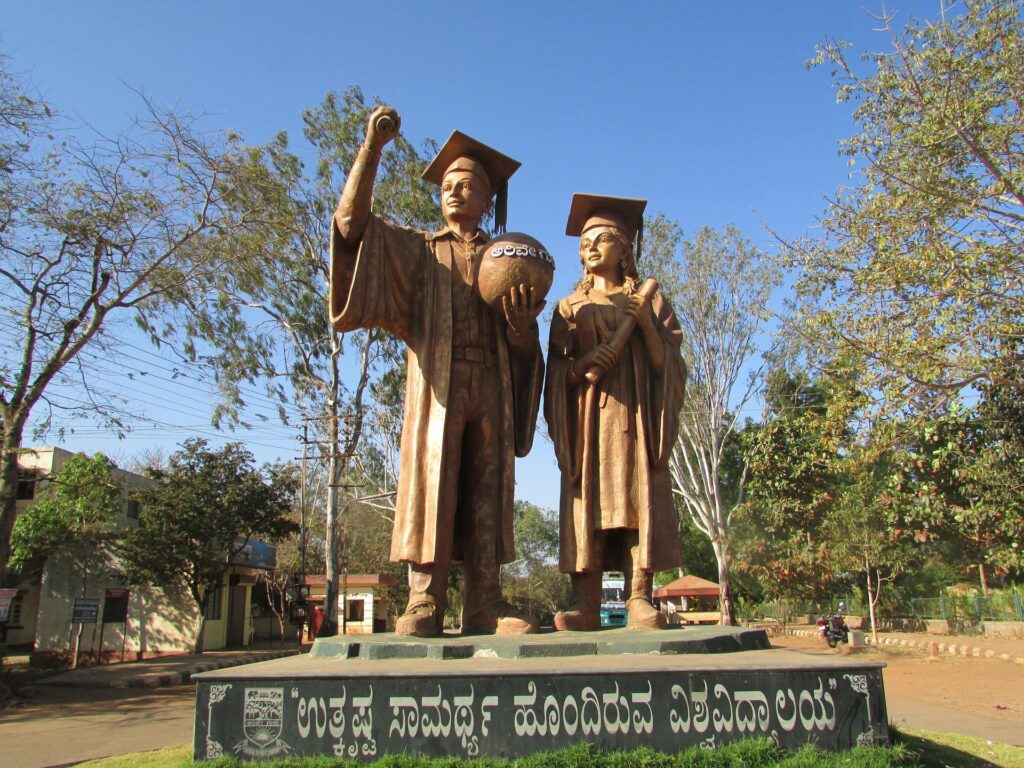Indonesia: Challenging ‘exploitative’ fly-in, fly-out research
Developing economies need research to improve quality of life. Combining developed and developing economies into a research consortium builds capacity.
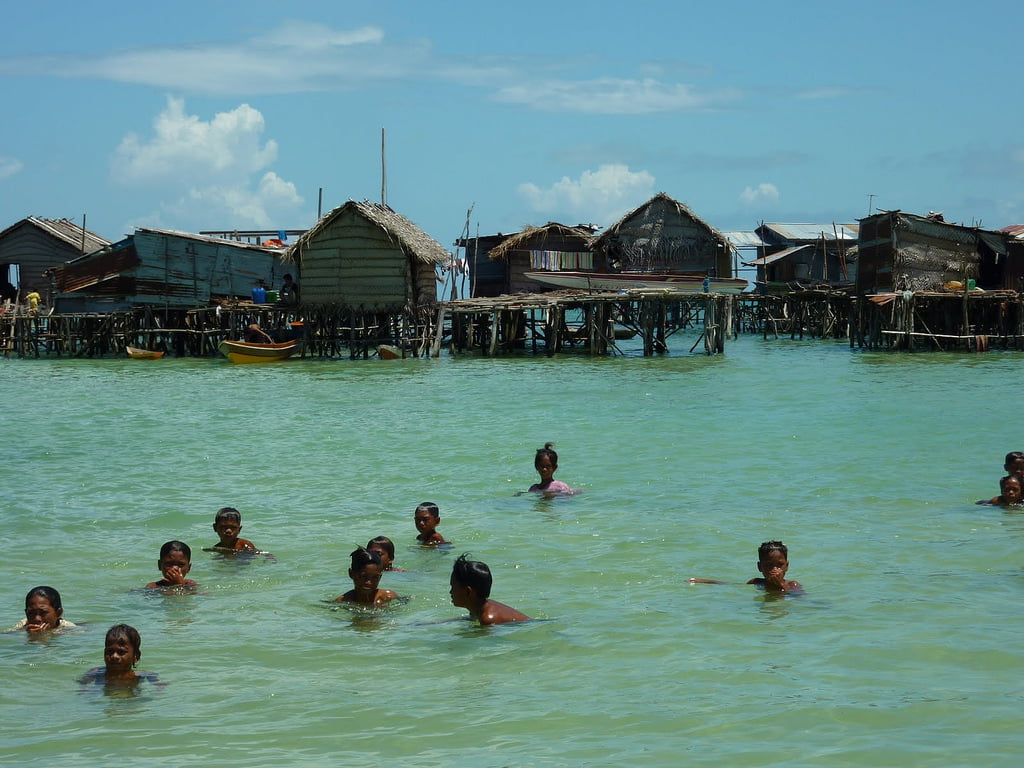 Bajau children swim in front of their village : Torben Venning
Bajau children swim in front of their village : Torben Venning
Developing economies need research to improve quality of life. Combining developed and developing economies into a research consortium builds capacity.
The indigenous Bajau people of southeast Asia live an entirely nomadic existence at sea. They have lived on houseboats for more than 1000 years, free-diving for marine resources to sustain themselves. The explanation of the human genetic changes that allowed the Bajau to adapt to this life was published in 2019. All but one of researchers came from developed economies. The one local researcher had no relevant disciplinary background and was there as logistical support.
The Indonesian government saw the study as exploitative, and made moves to tighten restrictions on overseas researchers exploiting Indonesian resources for their own gain.
It’s an example of a common problem: the world’s poorest economies suffer health and development deficits that require research, but they are the ones least likely to do research. The highest-income economies graduate the most PhDs per capita — the principal research qualification — whilst the poorest economies graduate the least.
The current stop-gap solution is for developing economies to send their best and brightest students away to PhD programs overseas, often in developed economies. But the PhD experience in developed economies is often geared towards research training involving sophisticated techniques and equipment unavailable at home. The student cannot replicate the research environment when they return to their home institutions.
A supplementary approach to improving research capacity is through research collaborations. Many developed economy researchers enjoy the opportunity to collaborate with developing economy researchers. The developed economy researchers offer much-needed injections of capital and equipment; they can also provide experience using the latest collection techniques or analytic methods. Through the collaborations, developing economy researchers grow their skills, their networks, and they are also much more likely to become authors of well-cited journal articles, which improves their international standing.
However, over the past five years, there have been significant concerns raised about the nature of the developed economies-developing economies research collaborations. The concerns pivot around whether the relationship is exploitative. Are the developing economies collaborators equal partners in the research or are they, as in the case of the Bajau study, logistical support?
Improving research capacity in developing economies needs to be realistic about the challenges and the structural deficits. There needs to be mutual respect. And it needs to be resilient to foreseeable shocks.
For example, a Wellcome Trust-funded project was based in five institutions in four economies in West Africa with the goal to create a virtual institute for interdisciplinary research on infectious diseases. Two developed economy institutions offered support. But during the project, two of the developing economies had Boko Haram insurgencies and another had a coup. These external shocks effectively ended the network but are not atypical of the challenges of developing research capacity.
Political upheaval notwithstanding, the North-South-South (NSS) approach of a network of developing economy institutions with some developed economy institutional support is promising. It is being used by the Norwegian government and in a slightly different way by the World Health Organization.
It stands in contrast to one-off projects or the idea of training individuals in their personal capacity as researchers. It is more holistic and looks to the development of infrastructure, governance, and human capital. Because it is based on a multilateral partnership there are opportunities for mutual support between institutions as well as between individual researchers. Governance developments in one institution can be replicated and adapted in another. Depending on the nature of the research, infrastructure can also be shared, for example cloud computing and gene sequencers.
PhD training can be based in the developing economy institutions with support from the developed economy institutions in the network, including support of developing economies supervisors. The approach builds the developing economies’ supervisory capacity. It decreases the likelihood of brain drain. The research is relevant to the developing economies setting and relies on available technologies.
It is not possible to mandate mutual respect. Developed economy institutions that have been successful over the past half-century in the traditional models of engagement — “send your brightest and we will train them”, or “here’s some money, send the data” — may find the change unappealing.
There is no doubt, however, that the NSS approach does require a change in the mindset of institutions and individual researchers, particularly in the developed economy institutions. The research capacity needs of developing economies is enormous. The needs could not be met by the traditional approaches because they do not scale, even if they did not result in a net brain drain. New developed economies institutional players will be needed and they won’t have the baggage of past practice to weigh them down.
Daniel Reidpath is Senior Director, Health Systems and Population Studies Division, International Centre for Diarrhoeal Disease Research, Bangladesh. He has no conflicts to declare.
Originally published under Creative Commons by 360info™.
Editors Note: Reidpath


